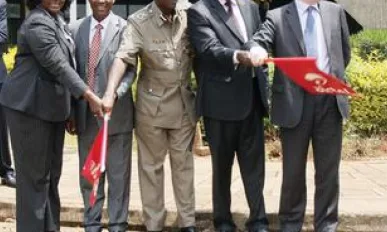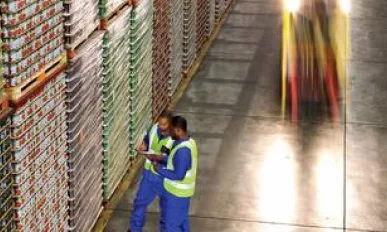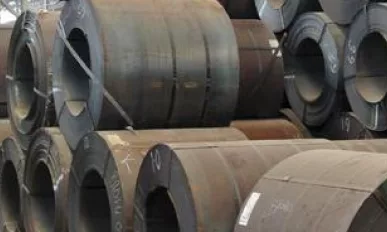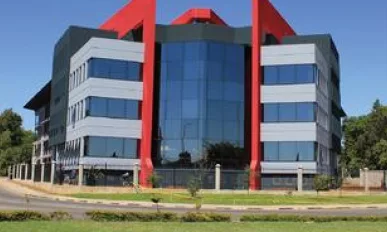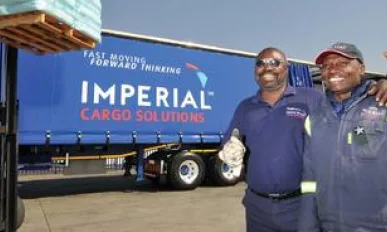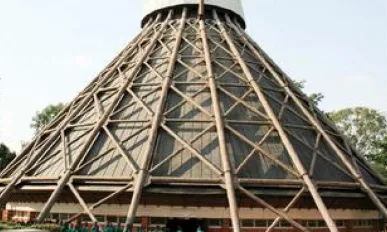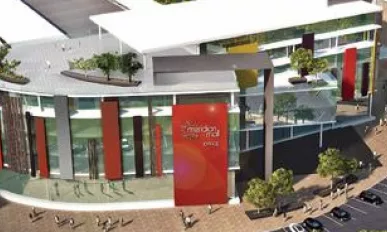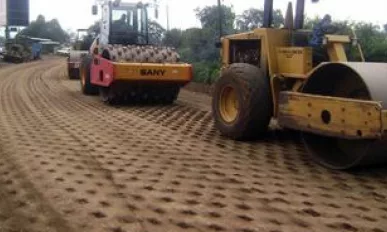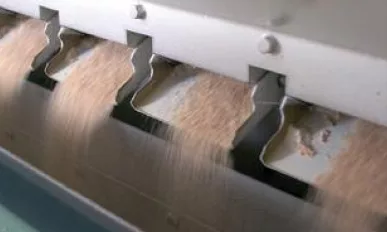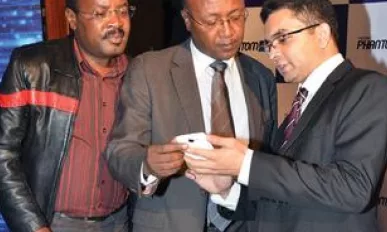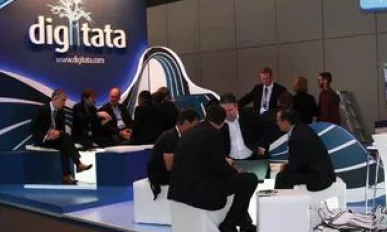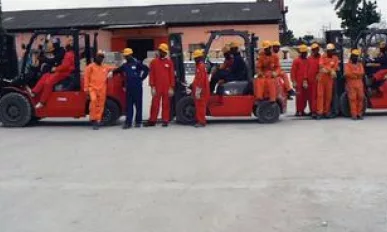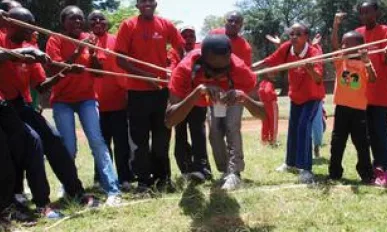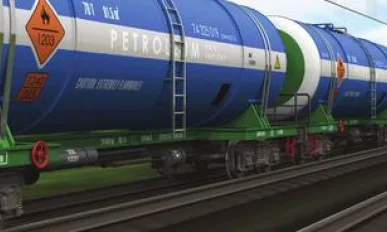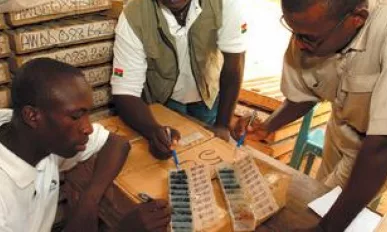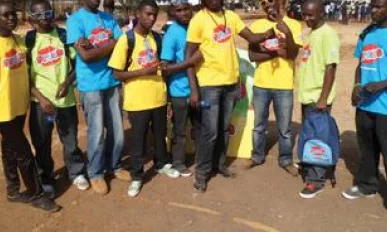Issue 11
Airtel Kenya : Kenya’s Champion for Communications Coverage
Airtel Kenya aims to connect communities across Kenya by providing affordable, relevant and innovative mobile solutions to all.
Nampak Bevcan : Drinks On Us
Where others have fallen, Nampak Bevcan has continued to flourish. This is thanks to an unrelenting commitment to product quality and customer satisfaction, in spite of economic constraints and a lack of infrastructure across Africa.
Quality Products : Scrubbing Up Nicely
Living up to its name in every respect, Quality Products has consistently delivered high quality soap, toiletries and cosmetics to both clients and consumers for over fifty years.
Crown Paints Kenya : Colouring the Manufacturing World
Impressive paint manufacturer Crown Paints Kenya has reported a 15% increase in profitability, with an annual turnover of over 4.4 billion Kenyan shillings.
Brollo Kenya : Men of Steel
Brollo Kenya have built their success on a solid foundation of steel and meticulous workmanship with an Italian flair.
Drake & Gorham : A Breath of Fresh Air
German efficiency is propelling Zambian air conditioning, ventilation and refrigeration specialist Drake & Gorham to new heights.
Imperial Logistics : Targeting African Growth
Imperial Logistics has been reinvented and is targeting African growth. Chief Integration Office Cobus Rossouw talks to Ian Armitage.
Roko Construction : From the Ground Up
Family-run ROKO Construction is at the forefront of business developments across the East of Africa, looking to expand into new markets.
Filcon Projects : Building for the Future
Filcon Projects is a construction and engineering firm based in South Africa, who implement passionate ideas and excellence through a team of driven professionals who have acquired invaluable experience and skills over many years in the business.
Pareto : Shop Until You Drop
Pareto has developed and nurtured a reputation for being the go-to investor in South Africa’s blue chip malls.
Mobus Property Holdings : Moving up the Ladder
Mobus Property Developments CEO Richard Jonah talks about the company's plans to combat the housing deficit, and their award winning developments across Ghana.
SS Mehta & Sons : Building a Reputation
SS Mehta and Sons are leading the way in the civil engineering market and building a reputation for quality engineering in Kenya.
Vanguard Properties : Building Ghana
Ghana’s property shortfall means a potentially lucrative time for developers – but customers need a name they can trust, which is good news for Vanguard Properties. Africa outlook talks to Managing Director, Mr. Kwabena Dapaah-Siakwan.
Coast Millers : Sorting the Wheat from the Chaff
By focusing on customer service and top quality products, Coast Millers is confident it can conquer the whole of Tanzania and beyond.
Tecno Group : Smart Phones, Smarter Business
Tecno Telecom Limited, established in July 2006 in Hong Kong, is a comprehensive mobile phone manufacturer specializing in R&D and Smartphone manufacturing.
Digitata : Dynamic Tariffing™ Systems
The Outlook Publishing team takes a deep dive into Digitata and the success of their Dynamic Tariffing™ Systems.
Channel IT Group : Bringing Mobile Innovation to Africa
In this modern era of ever evolving communications and smart phones, the Channel IT Group is helping to bring innovation and value added service to the people of Africa.
Broadcom Communication Networks : Broadening their Horizons
With a model of excellence in delivering superior and complete ICT solutions, Broadcom Communication Networks strives for a fast response time whilst maintaining a high level of skill and expertise.
Sterling Bank : Launching Agent Banking
Agent Banking by Sterling Bank underscores the need to provide access to affordable financial services and products for every Nigerian.
ICEA Lion Group : A Professional Reputation
Considered unmatched in their claims settlement record, underwriting expertise and quality of customer service, ICEA LION Group’s Steven Oluoch tells Africa Outlook about their biggest challenges and company developments.
Afric Oil : Home Grown Distribution
Despite an ever-changing and price-driven market, Afric Oil is one company looking to ensure customers always come first.
Camel Fuels : Liquid Logistics
As a result of client relationships and forward planning, Camel Fuels is becoming one of Southern Africa’s leading energy trading companies.
African Minerals : Ore Inspiring
Africa Outlook takes a closer look at iron ore miner African Minerals Ltd’s flagship Tonkolili mine in Sierra Leone.
SEMS Exploration : Passionate About Mining
Simon Meadows-Smith of SEMS Exploration shares his knowledge of the mining industry and passion for his business in Ghana.
Gertrude’s Children’s Hospital : Gertie’s New Adventure
The devoted CEO of Gertrude’s Children’s Hospital talks about how they put patients at the forefront of what they do.
Kenafric Industries : Taking a Bite out of the Competition
Kenafric Industries currently employs over 1500 people and is changing the lives of more than 75,000 customers.



